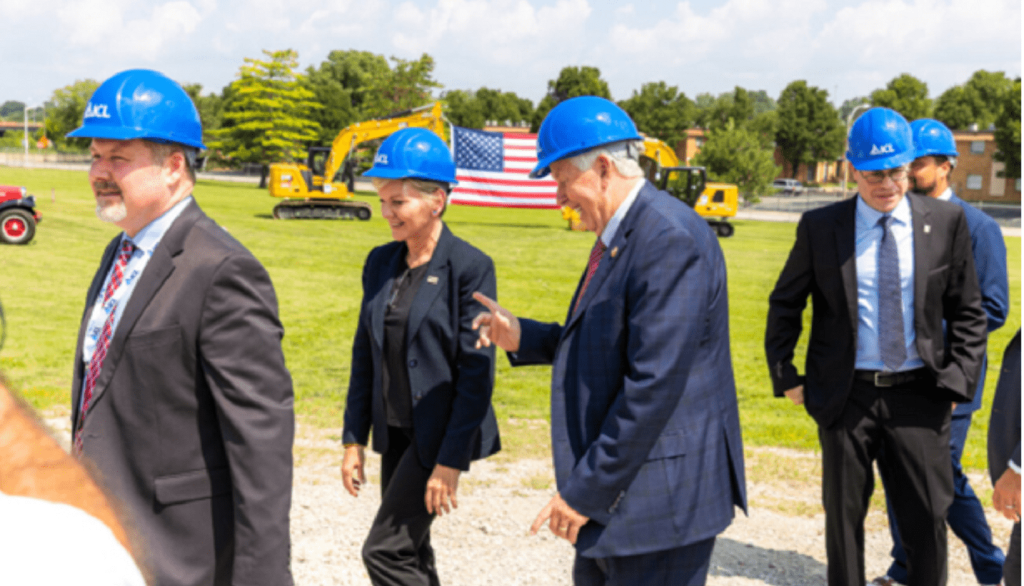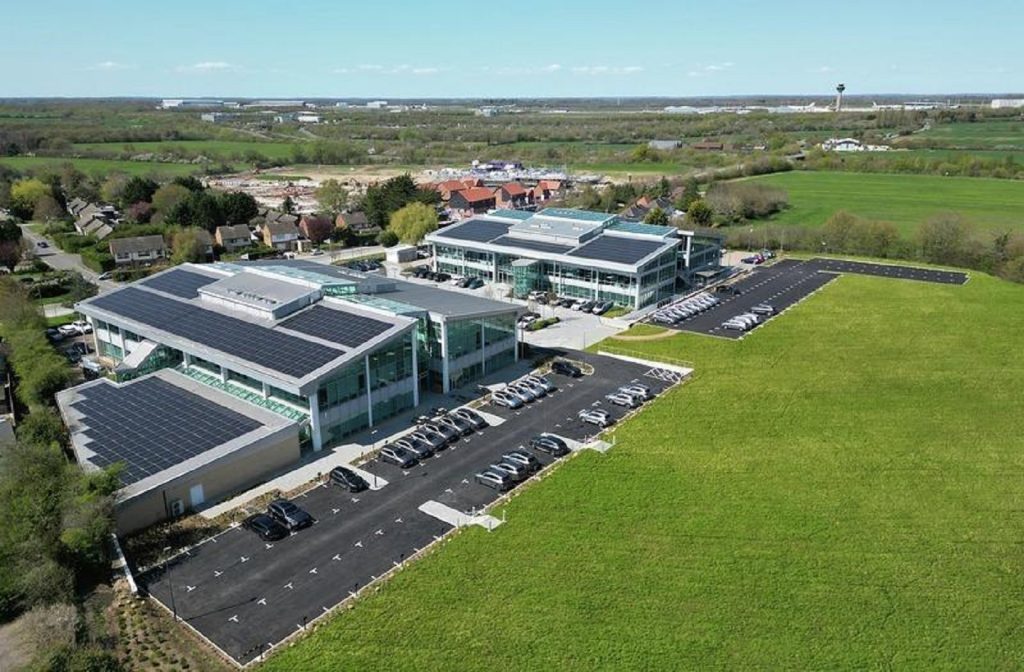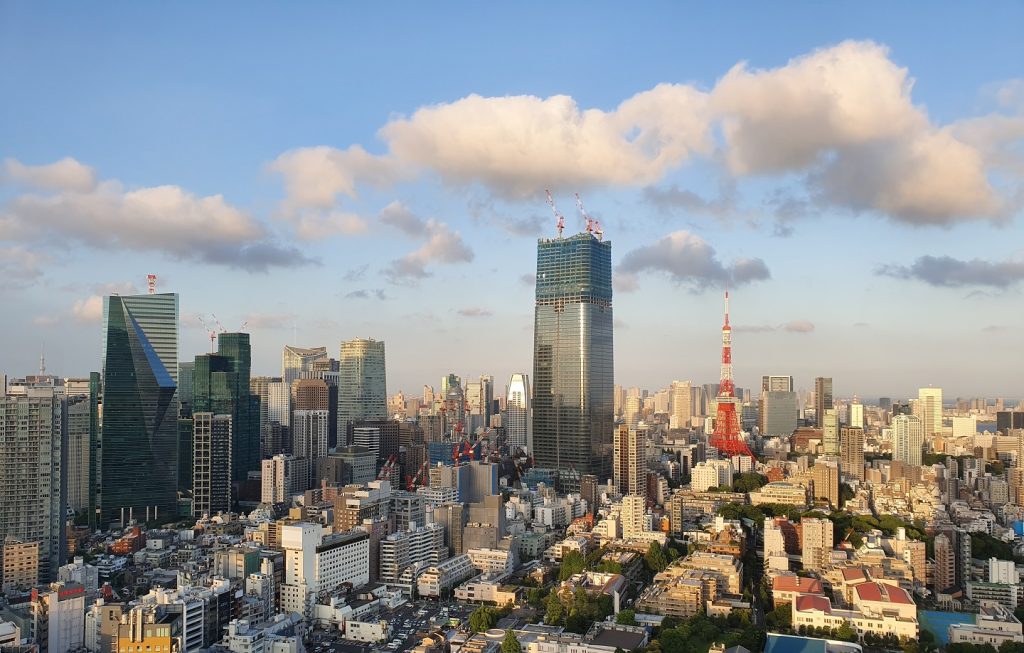Global speciality minerals company ICL has commenced construction on its battery materials manufacturing plant in St Louis, Missouri, US.
This $400m facility is said to be the first large-scale lithium iron phosphate (LFP) factory in the US.
It will be built on ICL’s current site in the neighbourhood of Carondelet within the city of St Louis.
The facility, which is expected to be operational by 2025, is intended to address the rising need for battery materials produced and sourced domestically from the energy storage, electric vehicle, and clean-energy industries.
The US Department of Energy has provided a $197m grant to support ICL’s investment in the facility.
ICL's managing director for North America and president of its Phosphate Division Phil Brown said: “ICL is excited to be building the first North American, commercial-scale plant for this critical component required by the energy-storage, mobility, and infrastructure end markets, and we’re proud to make this investment in St Louis and to create more than 150 high-paying union and professional positions in our hometown.
“We’re excited about the demand we are already seeing for this capacity and are looking forward to moving into this new business. Additionally, as we rapidly move ahead, we are looking forward to partnering with some of the premier participants in this exciting new industry.”
The 140,000ft² plant will serve as the foundation for the company’s global battery materials enterprise and is scheduled to generate 30,000 tonnes of LFP.
ICL has selected St Louis' McCarthy Building Companies as its general contractor.
ICL is also collaborating with Aleees to build a localised, integrated, and sustainable LFP supply chain for clients across the US.















